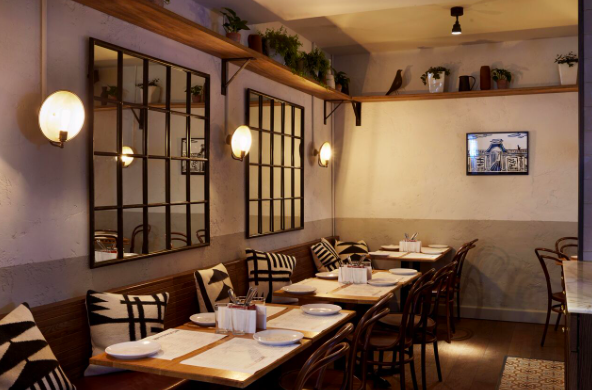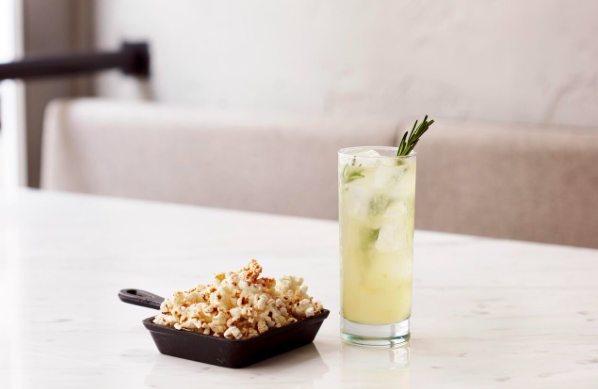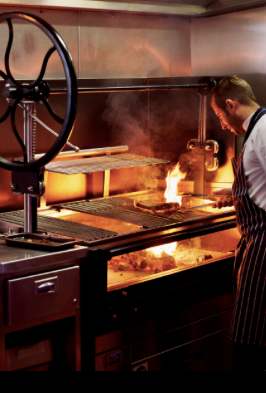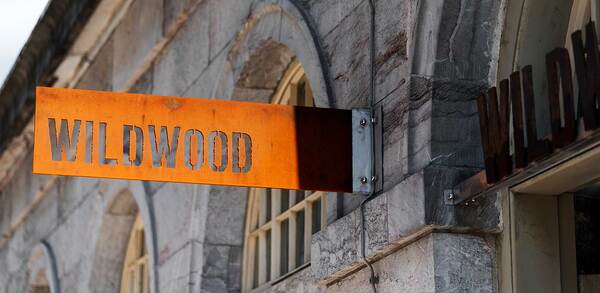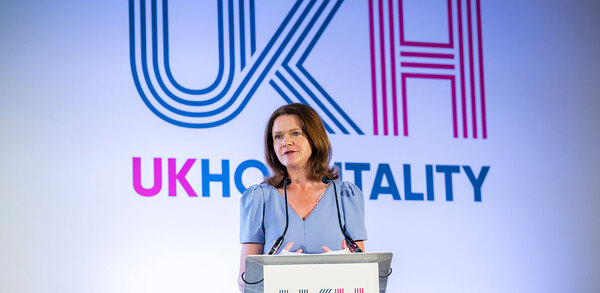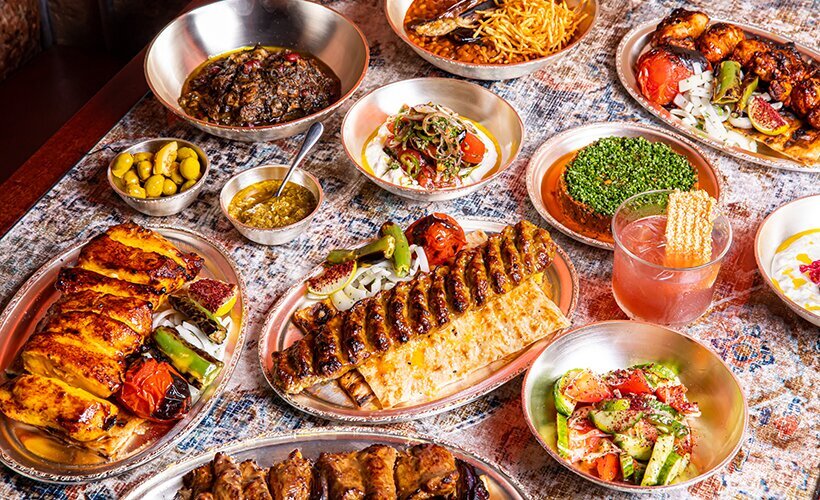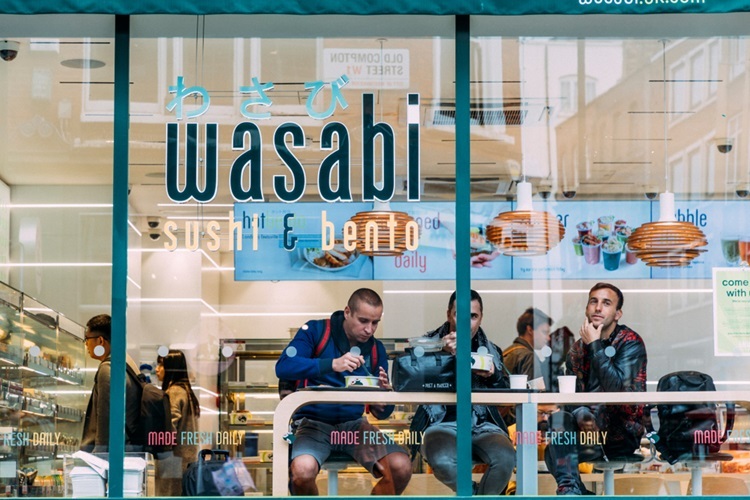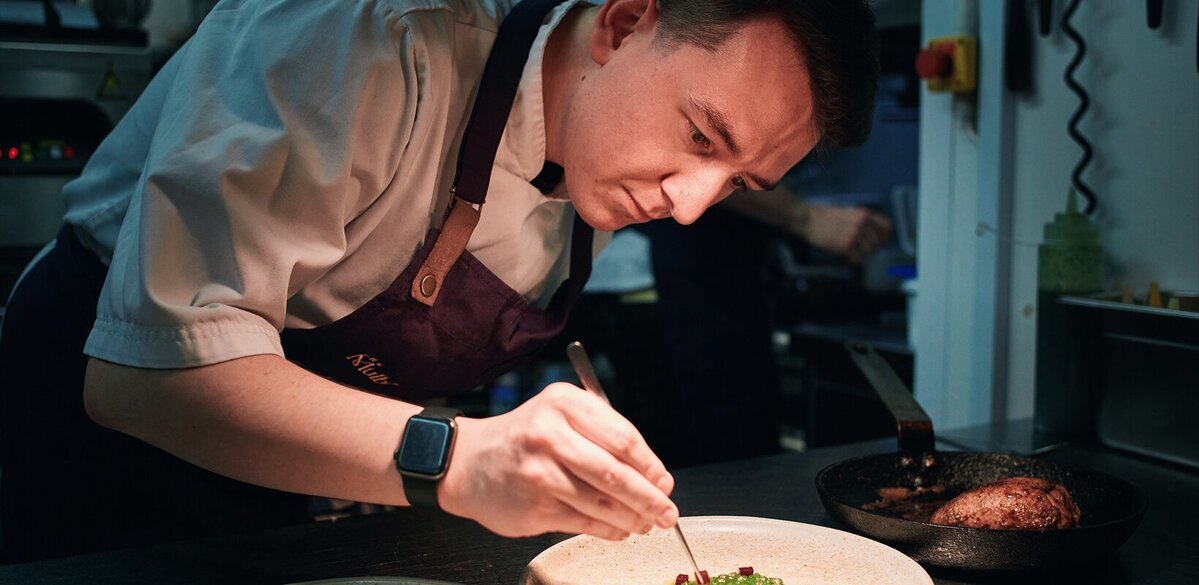Minute on the Clock: Monika Linton on 30 years of Brindisa
As Brindisa, the London-based restaurant group and supplier of Spanish foods, celebrates its 30th anniversary, founder Monika Linton talks to Neil Gerrard about how the world of hospitality has changed, Brexit, and how the business and its staff dealt with the terror attacks on Borough Market in June this year, where Brindisa has one of its restaurants.
It's 30 years since you started Brindisa, initially as a supplier. What have some of the high points been over that time?
It's hard to choose… a couple of standouts were when my brother sent over the very first pallet of cheeses that my dad and I despatched to our first cheese customers in London - a true family affair! When Selfridges & Fortnum & Mason took on our first cheeses, that was particularly special and really cemented all our hard work.
We've been honoured to supply some of the country's top chefs over the years, from Sally Clarke who bought from our first shipment of new season legumes to when Simon Hopkinson bought our first ibérico bellota hams for his Bibendum menu.
When my co-director Scott Boden and I took on our first own leased warehouse in Park St, Borough 1997 after only being able to borrow space for the first six years of Brindisa - we really grew up on that day.
When Spain became a fully fledged member of the EU thus allowing cured hams and other meats to be exported including 1992 Serrano hams and 1998 Ibérico hams.
A couple of standout achievements was when we won the Observer Food Award for best speciality retailer for our Borough Market and Exmouth Market shops.
Then when we opened Brindisa Kitchens in London Bridge in October 2004, the tapas bar has been full from day one.
The last thing would be when the Brindisa book was published on 8 September 2016 - a piece of work that brings all elements of Brindisa together: my family, our chefs, my colleagues, our suppliers, friends in the industry both in the UK and Spain plus our customers.
And the low points?
The economic crisis of 2008/09 was tough - we had to put our prices up as the Sterling value fell.
We've been lucky to work with amazing people over the years and we're always sad to see people move on! It's been exciting to see colleagues open up their own businesses and we always hope that Brindisa has enhances their life and that experience gives them new tools with which to take on the next set of challenges! Brindisa is nothing without its people, past, present and future.
The referendum vote to leave the EU was a dark day, Brindisa's success to date would not have been possible without EU membership.
You opened your first restaurant in 2004. How has the restaurant scene changed since then?
Over the past 13 years we have seen changes thanks to running our own restaurant but we have also witnessed changes over the past 30 years from a supplier's point of view.
There has been a big move away from traditional dining to informal casual dining, from the classic course menus to menus that offer a range of smaller dishes which give diners more choices and flexibility. This is down partly to the extensive range of ingredients from across the globe that the UK can access, but it's also down to the curious and eclectic chefs the UK has, and the incredible lessons of good hospitality and respect for the trade that European cultures have taught us. In addition to this, the local small producers of the UK have made some fantastic innovations that broaden our food choices even further.
On the flip side, the challenges of running a restaurant have grown significantly with higher costs on all fronts: higher rents, higher business rates, wage and pension costs, Brexit costs are a real threat in a way that has not been seen before.
What impact is Brexit having on Brindisa?
Most obviously and immediately is the question of pricing due to the drop in Sterling.
In addition we are already losing staff in both businesses who are returning to the continent. We have far fewer CVs coming through the door and our current staff are having to work extra hard to cover this. In the coming months we will find out more about the effect Brexit will have.
You have a restaurant in Borough Market that was very close to the terror attacks that took place there on 3 June. How have you and your employees coped with the aftermath of those attacks?
The attacks were a great tragedy on the Borough Market community. It's a community we've been a part of since 1992. It's a strong, close-knit family made up of folk who don't let rain or snow, fire or fury stop them from what they love doing. After all the horrific scenes, it was emotional and empowering to get our historic market, our home, back and bustling again with our fellow traders and friends. The day of the re-opening of the market was incredibly moving for all of us at the restaurant and shop.
Spanish gastronomy is a lot better known now than when you started Brindisa in 1988. How do you keep it relevant and different?
We keep our focus on products from Spain with terroir and hone our skills with them as one never tires of their characteristics or quality - carving hams, mongering cheeses, selecting dry ingredients.
We believe in encouraging customers to cook from scratch and we have a healthy exchange of ideas from chefs to consumers. This way we keep it fresh. The Mediterranean diet is one of the healthiest and the breadth of foods is wide so we boast ingredients that can be relevant to a vegan as well as a carnivore.
We love innovation both in the food world of Spain and the UK but for Brindisa we select contemporary products that have a root in tradition, and above all, we insist on exceptional flavours and quality. For our chefs there is more room to connect traditional dishes with a modern edge on a daily basis.
How often do you find yourself in Spain and where do you look to for inspiration for the restaurants and to find new products?
I am in Spain around 10 times a year at least and it's impossible not to be thinking about food every time Iâm there. I gravitate mainly to Mediterranean Spain as that is where I lived before Brindisa, where I have family and where there is a wide variety of vegetables and fruits in the dishes (which suits the vegetarians of the family).
The most inspirational way of keeping in touch with new ideas is by eating out in both new and traditional restaurants. Equally, our suppliers who are mainly in rural Spain give us great insights into regional recipes and ways of serving their food. In the UK there is a significant ingenuity from all corners and this also keeps us very engaged, on our toes, and driven to evolve our ingredients and dishes for everyone's pleasure and interest.
The tide is turning: Catering for the sustainable-savvy diner >>
Borough Market to re-open 10 days after London Bridge terror attack >>
Hot off the press: choosing the right extra virgin olive oil >>
Videos from The Caterer archives



